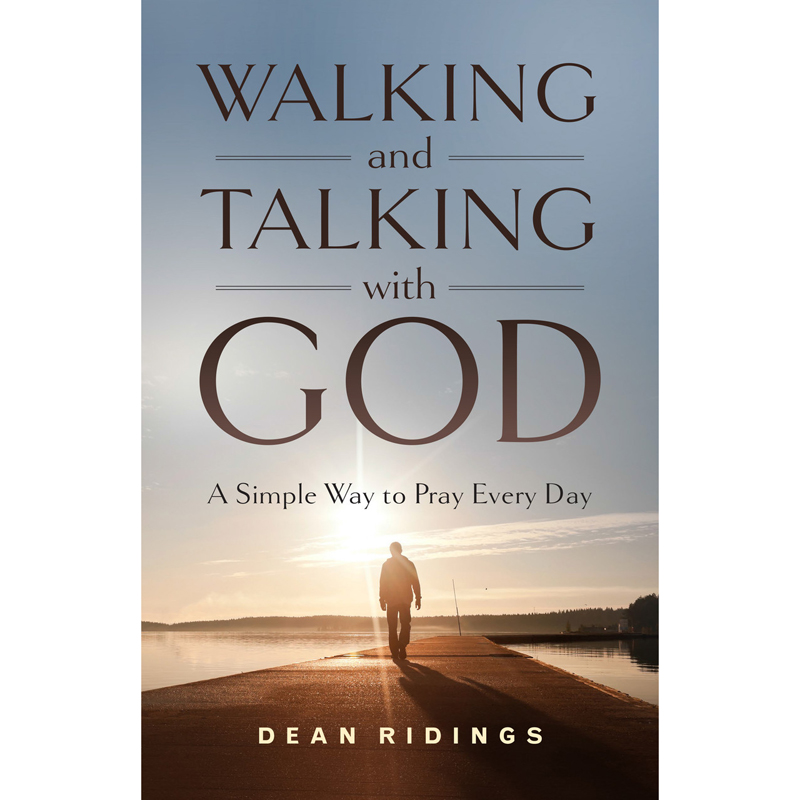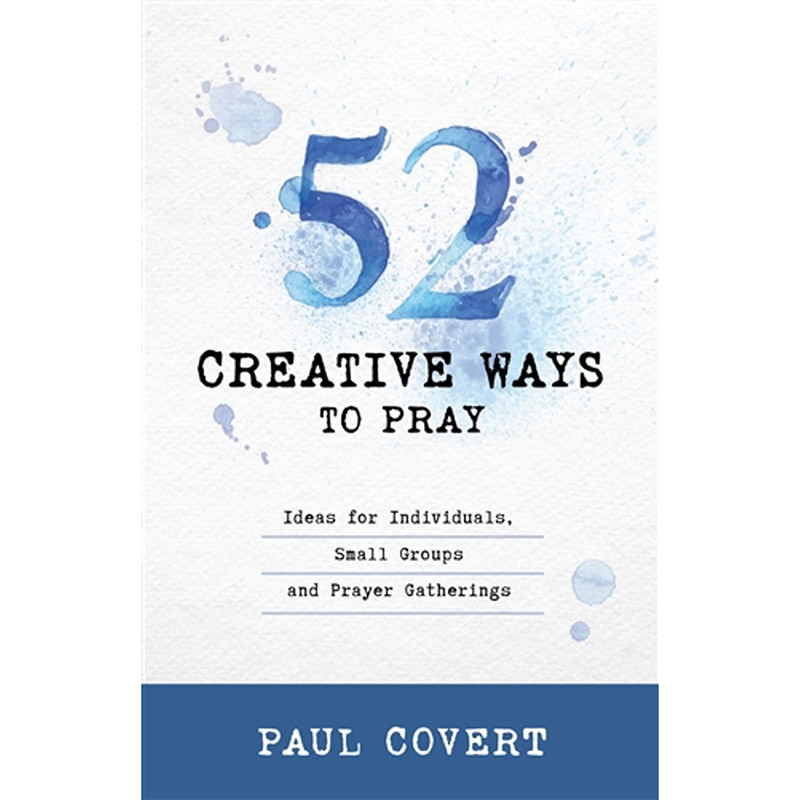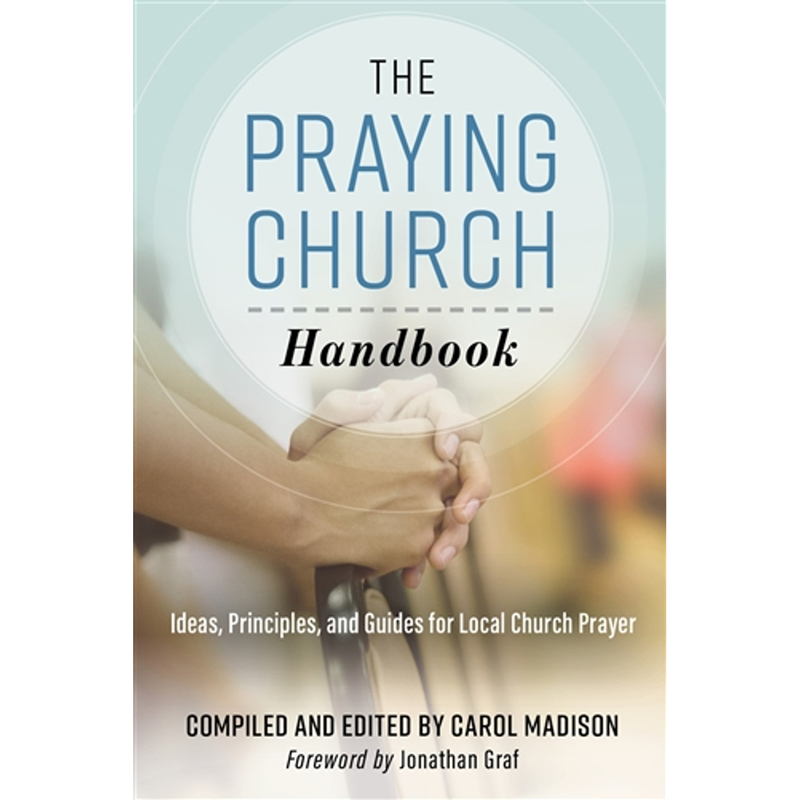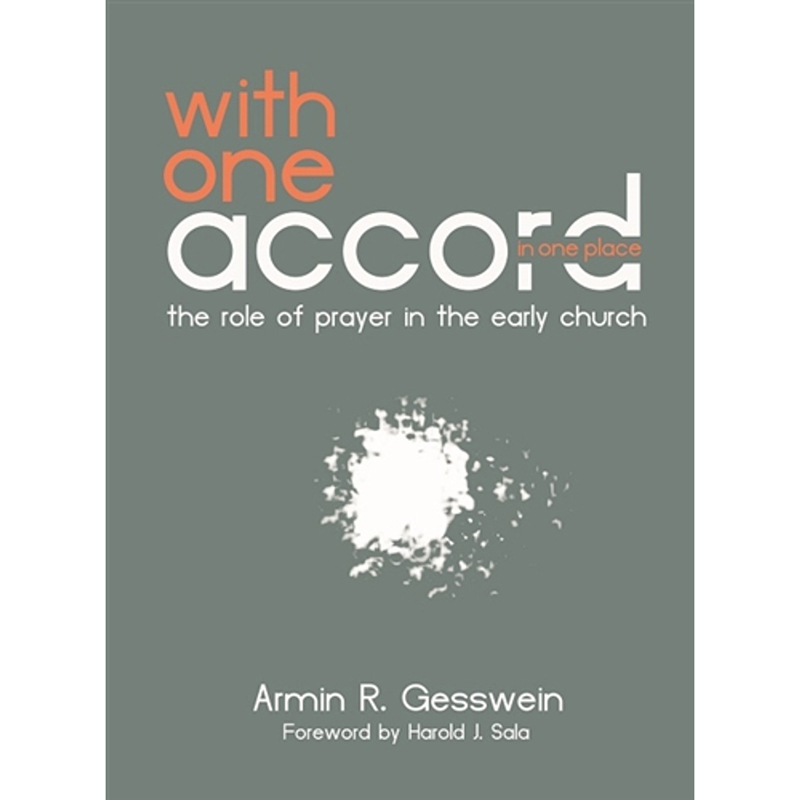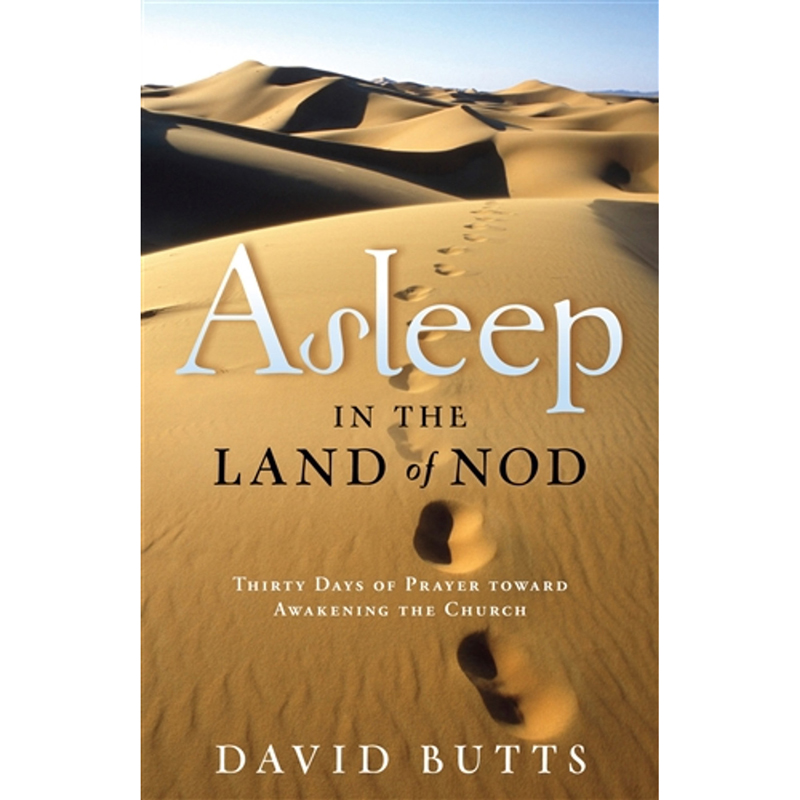Qualifies for Free Shipping in U.S. with $100 Order
Walking and Talking with God
Original price was: $15.99.$13.99Current price is: $13.99.
Do you desire a walking-and-talking relationship with God? How soul-satisfying would it be to have a 24/7 prayer life?
Our Father in heaven longs for an abiding relationship with each of his children. That?s what the Bible is all about?from cover to cover. That?s what this biblically rich book is all about as well.
Description
Do you desire a walking-and-talking relationship with God? How soul-satisfying would it be to have a 24/7 prayer life?
Our Father in heaven longs for an abiding relationship with each of his children. That’s what the Bible is all about—from cover to cover. That’s what this biblically rich book is all about as well.
In Walking and Talking with God: A Simple Way to Pray Every Day you will find practical help to deepen your walk with God through prayer. You’ll also be inspired to intercede for “everyone in your world” through a simple way to pray every day. You will also be motivated to remove any barriers to prayer in your life.
Walking and Talking with God will help you go deeper in intimacy with God through prayer and will move you from praying just for your own needs to focusing on God’s purposes for the world around you. As a result, may you see your own life and your world change in wonderful ways.
Study Questions Included
Within the book are discussion questions for each chapter, making this accessible for small group and Bible study use.
E-Book
About the Author:
DEAN RIDINGS first introduced a simple way to pray every day in The Pray! Prayer Journal: Daily Steps Toward Praying God’s Heart (NavPress). He is the author of numerous articles, devotions, and Bible helps in his three decades of church and parachurch ministry. Today, Dean serves as a pastor at Calvary Worship Center in Colorado Springs, Colorado, a representative of The Navigators, and an affiliate professor at Colorado Christian University.

